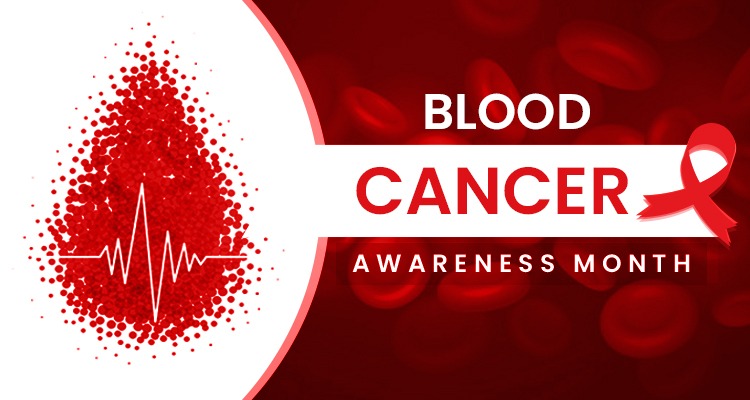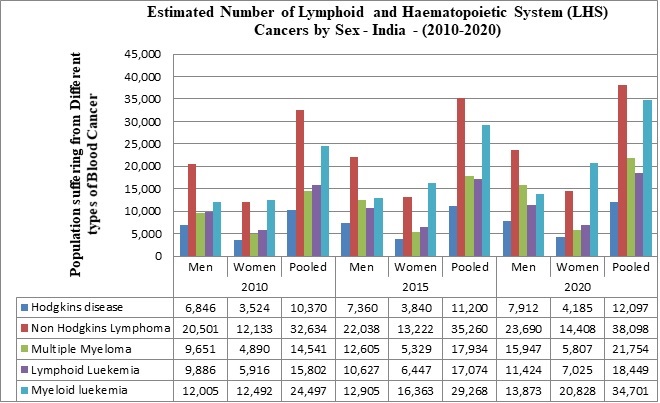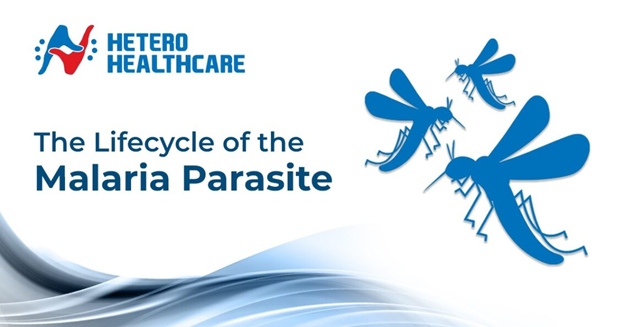Hetero Healthcare
26 Sep 2020

The Leukemia and Lymphoma Society has designated September of every year as “Blood Cancer Awareness Month”. The major objective of Blood Cancer Awareness Month is to educate people about the types, risk factors, prevention and advancement in treatment, and present survival rate of the population suffering from Blood Cancer. India ranks 3rd highest globally in reported cases of blood cancer with a whopping figure of 8 lakh cases per year. This is not at all a good figure. This growing burden is a serious concern for public health administrators in India. Lack of Education and awareness, lack of holistic health system, and low accessibility to affordable healthcare in India has resulted in higher mortality rate due to blood cancer.
Hetero Healthcare understands the gravity of the situation and thus strives to educate and engage everyone about blood cancer.
Blood cancers are also known as hematologic cancers. They start in the bone marrow which is the blood production house of the human body. Blood cancer affects the immune system of the body. The function of normal blood cells is to enhance the immune system of the body by producing new blood cells and fighting off with infections. Blood cancers occur when abnormal blood cells start growing out of control and affect the function of normal blood cells.
The three main types of blood cancer are leukemia, lymphoma, and myeloma:
Leukemia: Rapid production of white blood cells that interfere the production of red blood cells and platelets.
Non-Hodgkin lymphoma: Cancer that starts in the white blood cells called lymphocytes.
Hodgkin lymphoma: Blood cancer that develops in the lymphatic system from cells called lymphocytes. Presence of Reed-Sternberg cell is one of the major criteria of Hodgkin Lymphoma.
Multiple myeloma: is a blood cancer that begins in the blood’s plasma cells, a type of white blood cell made in the bone marrow.
The estimated number of Lymphoid and Haematopoietic System (LHS) Cancers by sex in India reported by the National Cancer Registry Programme (NCRP) for the year 2010, 2015, and 2020 has been presented in the below table.

The risk factors that contribute to Blood Cancer include:
It is very difficult to identify the symptoms of blood cancer as they appear once they have reached the advanced stage. The common symptoms associated with blood cancer include:
Please report to the doctor immediately if you come across any of the above-mentioned symptoms.
The major goal of treatment is to provide a good quality of life for a longer duration. To treat Blood Cancer, a Bone marrow transplant is one of the best options. The patient’s chance of survival increases with a bone marrow transplant. A bone marrow transplant is also known as Stem Cell Transplant. In this process, healthy blood forming stem cells collected from bone marrow or circulating blood or umbilical cord blood is infused into the patient’s body.
Another set of treatment options is the use of Chemotherapy and Radiation Therapy. Chemotherapy uses anticancer drugs to treat blood cancer. In radiation therapy, the cancer cells are destroyed by radiation.
References
Hetero Healthcare

Hetero Healthcare27 May 2024
The Thyroid: Understanding Your Body's Master Gland
The thyroid gland, a small butterfly-shaped gland located at the base of your neck, plays a critical role in regulating your metabolism.

Hetero Healthcare25 May 2024
Taking Control of Your Breath: Understanding and Managing Asthma
Asthma can feel like a constant battle for air, leaving you breathless and wheezing. But with knowledge and the right approach, you can take control of your asthma and live a full, active life.

Hetero Healthcare30 Apr 2024
A Comprehensive Guide to Malaria
Malaria, a mosquito-borne infectious disease, continues to pose a significant threat to global health. At Hetero Healthcare, we are committed to raising awareness about this preventable illness and empowering individuals with knowledge to protect themselves. This comprehensive blog delves into the causes, symptoms, and effective prevention strategies for malaria.

Hetero Healthcare30 Apr 2024
A Guide to Parkinsons Disease for Patients and Caregivers
At Hetero Healthcare, we understand the profound impact Parkinson's disease (PD) can have on individuals and their loved ones.